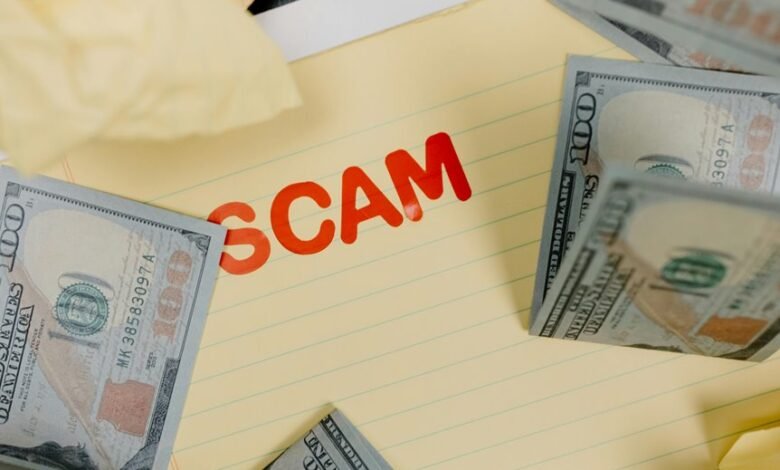Hotline Caller Identity Safety Fraud Bureau 3405222513 3317727063 3516473177 3509619054 3333849522 3533321902

Hotline numbers such as 3405222513, 3317727063, and others play a critical role in fraud prevention. They offer individuals a direct line to report suspicious activities and seek guidance. Identifying scams requires vigilance and knowledge. The effectiveness of these hotlines hinges on public awareness and education. Understanding how to use these resources can significantly enhance personal security. What steps can individuals take to ensure their safety in an increasingly complex digital landscape?
Understanding the Role of Hotline Numbers in Fraud Prevention
Hotline numbers serve a crucial function in the landscape of fraud prevention, acting as vital lifelines for individuals seeking assistance.
Their effectiveness hinges on increasing fraud awareness, empowering callers to recognize and respond to fraudulent activities.
How to Identify Potential Scams
How can individuals discern the subtle signs of potential scams in an increasingly deceptive digital landscape?
Recognizing scam indicators is crucial. Red flags include unsolicited calls, pressure tactics, and requests for personal information.
Engaging in caller verification can further expose fraudulent intentions. By maintaining vigilance and skepticism, individuals can safeguard themselves against the myriad of scams that threaten their autonomy and financial security.
Steps to Protect Your Personal Information
Protecting personal information requires a proactive approach in today’s digital environment. Individuals must prioritize personal data security by using strong, unique passwords and enabling two-factor authentication.
Regularly monitoring financial statements and credit reports aids in identity theft prevention. Educating oneself on phishing tactics and limiting the sharing of personal information further fortifies defenses against unauthorized access and potential fraud.
Resources for Reporting Fraudulent Activities
Although many individuals may feel overwhelmed when faced with fraudulent activities, knowing where to report such incidents is crucial for effective resolution.
Fraud reporting resources include the Federal Trade Commission (FTC), state consumer protection offices, and local law enforcement agencies.
Consumer education plays a vital role in empowering individuals to recognize and report fraud, ensuring that justice is pursued and preventive measures are established.
Conclusion
In a world increasingly fraught with deception, hotline numbers such as 3405222513 and 3317727063 stand as beacons of hope, guiding individuals toward vigilance and empowerment. By fostering awareness and providing essential resources, these hotlines enable communities to combat fraud effectively. Ultimately, the proactive steps taken to secure personal information and report suspicious activities not only protect individuals but also contribute to a collective defense against the shadowy realm of scams, reinforcing the adage that knowledge is power.




